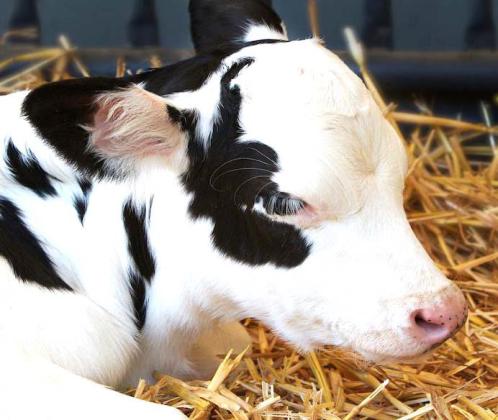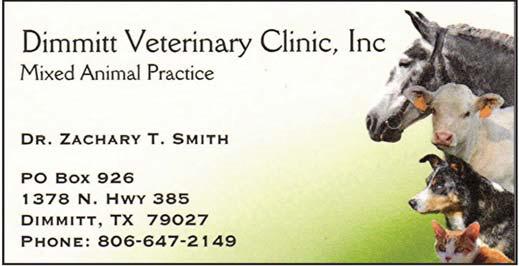Calf health issues on pasture usually come down to four things: pinkeye, parasites, scours, and pneumonia.
Pinkeye is a bacterial scourge is primarily spread from calf to calf by flies. So, start there to offer some prevention, though even with good fly control, flies from a neighbor’s herd can bring pinkeye in to your herd. If pinkeye is bad, it can cost up to 125 pounds in weaning weight in blind calves.
Pinkeye is best controlled when caught early. Watch for tearing on calves’ faces, and dust or pollen stuck around the eyes.
The good news is that pinkeye usually responds to an antibiotic, such as oxytetracycline. A low-dose injectable form of oxytetracycline is still available over the counter without a veterinary prescription.
The key is to have it with you when you’re observing pasture cattle, and being ready to administer it at the first signs.
When it comes to a parasite problem, the location will determine exactly which worms and flies are most troublesome to your herd. Consult your local veterinarian.
Often, people treat for worms and flies too early, before the cattle go to pasture, thinking they are covered for the whole season. They miss worms that come on later and flies aren’t controlled. Using a good dewormer just as cow and calves go the pasture is the best option. Calves require a small dose and it is well worth it.
The key to controlling the problem of scours is getting calves off to a good start right at birth. Make sure they are born on clean ground that doesn’t have a lot of bugs already there and that they get colostrum.
Should a producer see scours, it could be weather related, overcrowding or a poor vaccination program in the cow herd. It’s really important to get your local veterinarian involved because they know the issues in your area.
Summer pneumonia in grazing cattle flares up occasionally due to excess dust, bacteria, viruses, or even parasites. Some people think this comes after the calf loses its early immunity, so it is important to watch for that calf with the droopy head and ears, a light cough and a rough hair coat. Take their temperature to confirm an illness and call a veterinarian.
Respiratory illness may respond to an antibiotic, but catching it early is critical and must happen right away since the calf has most likely been sick for a while.
The important thing is to be observant of calves in the pasture and any changes in appearance and behavior to get on top of issues early, whatever the problem is, and get them into an environment where they can be watched and treated if necessary.


